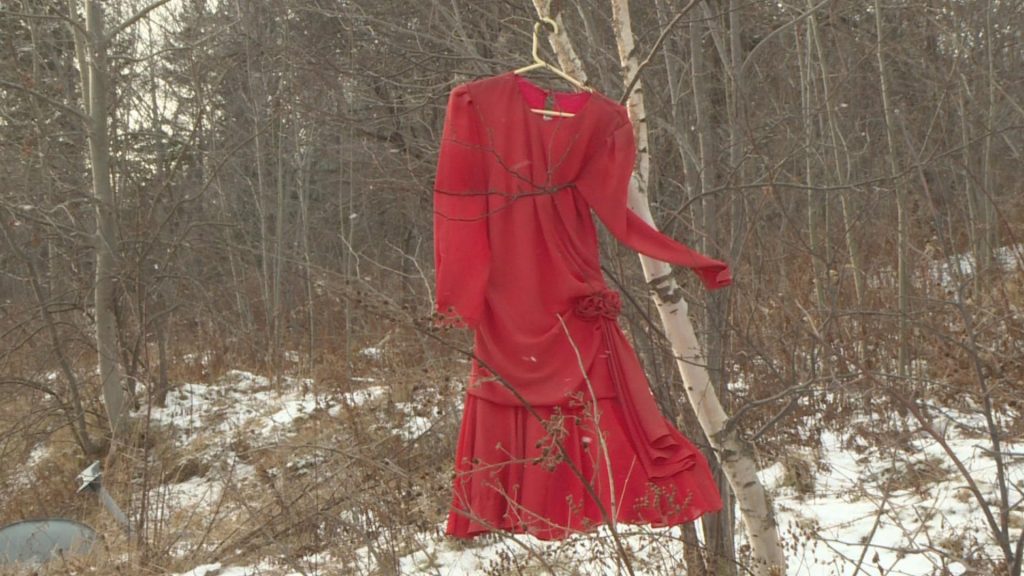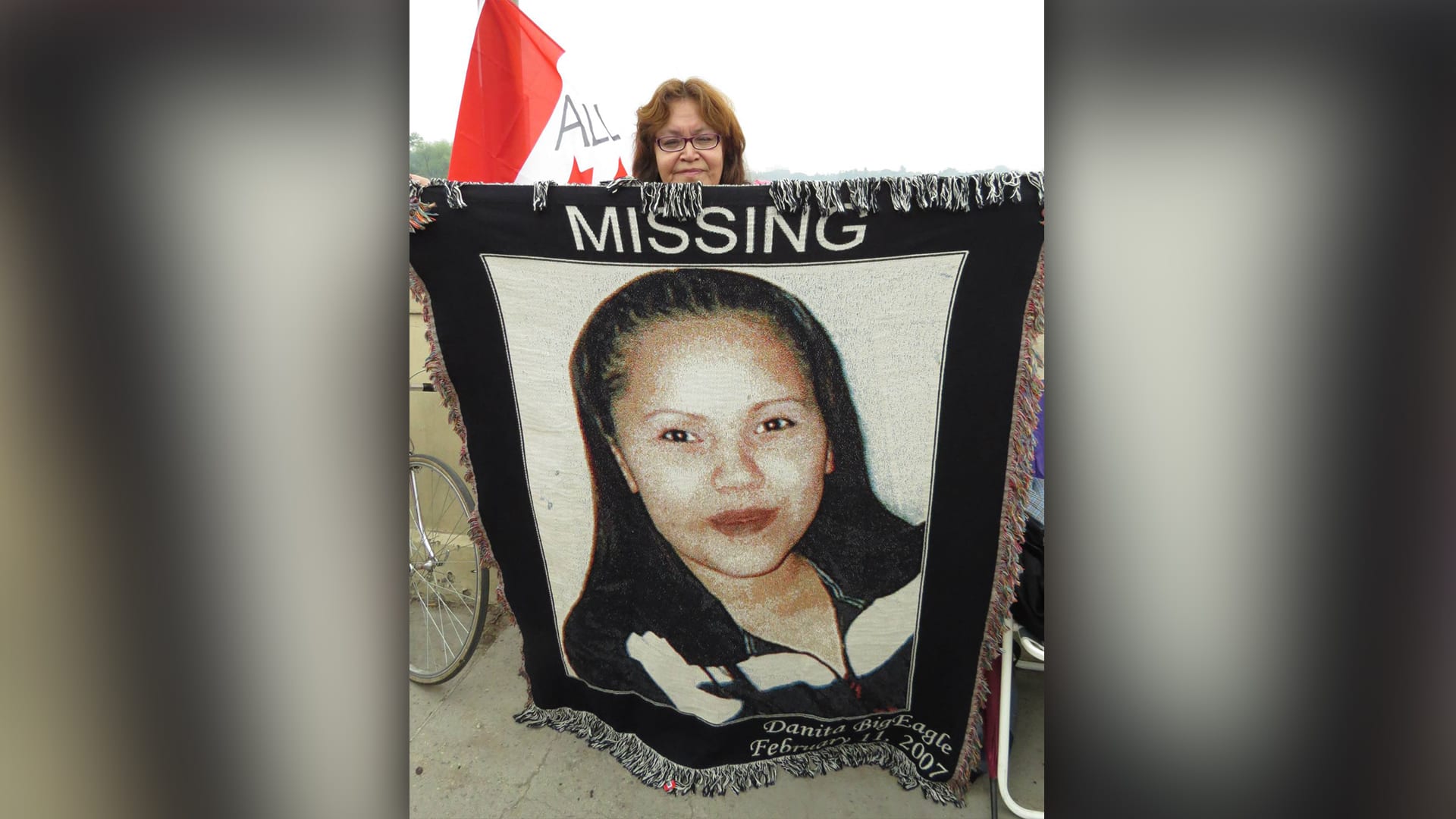
Class action claims Canada isn't doing enough to stop violence against Indigenous women.
Arguments to certify a class-action lawsuit that alleges the federal government is responsible for finding ways to end the epidemic of violence against missing and murdered Indigenous women and girls (MMIWG) and compensating families who suffered losses are scheduled to start next week.
The action – Bigeagle vs Her Majesty The Queen, which is seeking $600-million in damages – is scheduled to be heard in Federal Court in Regina starting Monday.
Saskatchewan lawyer Tony Merchant said he can’t believe the federal government is fighting the certification.
“The Government of Canada has not taken any steps to implement the important recommendations of the Murdered and Missing Inquiry,” Merchant said in a news release.
“And, making that worse, take the amazing position before the Federal Court of Canada that the case should not be certified and that Canada is not responsible for these wrongs.”
His plaintiff is Dianne Bigeagle, from Ocean Man First Nation in Sask., whose daughter Danita Faith Bigeagle went missing in Regina on Feb. 11, 2007.
Merchant and three lawyers from his firm are set to face off against a team of four lawyers from the Department of Justice.
The federal government did not file a statement of defence, the court file shows, and the departments of Indigenous Services and Crown-Indigenous Relations referred APTN New’s request for comment Tuesday to Public Safety.
From there a spokesperson emailed a statement to APTN attributed to Minister Bill Blair, who is responsible for the RCMP and policing in Canada.
“Indigenous women and girls are disproportionately impacted by all forms of violence. This is unacceptable and needs to change,” the statement said.
“Our government has made the safety and security of First Nations, Inuit and Métis women and girls, LGBTQ+ and Two-Spirit people a priority, and we are working to strengthen existing policies and programs and support future actions to increase their safety.”

Bigeagle’s missing daughter is one of more than 1,200 MMIWG cases – according to RCMP figures – and as many as 4,000 – according to activists and families.
Even the National Inquiry into Missing and Murdered Indigenous Women and Girls, which was created and funded by Blair’s government from 2016-18, said a lack of hard data made it impossible to identify a firm number.
In his statement, Blair said all governments – Indigenous, federal, provincial, territorial and municipal – must work together to address the issues highlighted by the inquiry.
But the government is opposing the class-action certification “for legal reasons that are specific to this case,” he added.
“As it is unprecedented in its breadth, is inconsistent with previous rulings surrounding private duty of care, and contains cases where the RCMP is not the police of jurisdiction.”
Blair said taking this position “in no way” lessens the findings of the national inquiry “nor our commitment to ending this national tragedy.”
Canada has been chastised for missing a deadline to respond to the national inquiry’s calls for justice.
APTN first reported the government would miss the deadline to issue a final report action plan.
Crown-Indigenous Relations Minister Carolyn Bennett confirmed on May 26 that a national action plan to make life safer for Indigenous women and girls was not going to be ready and blamed the pandemic for the delay despite having a year to plan it.
Merchant said the class-action is the only way to hold the government – and its national RCMP force – to account for the lack of investigations and prosecutions.
The statement of claim, originally filed in June 2018, alleges “systemic negligence” on the part of the RCMP in investigating cases of missing and murdered Indigenous women and girls.
It further alleges family members suffered mental anguish because of a “negligent” and “lackadaisical” approach to the investigations.
The suit is seeking $500 million in damages and $100 million in punitive damages.









